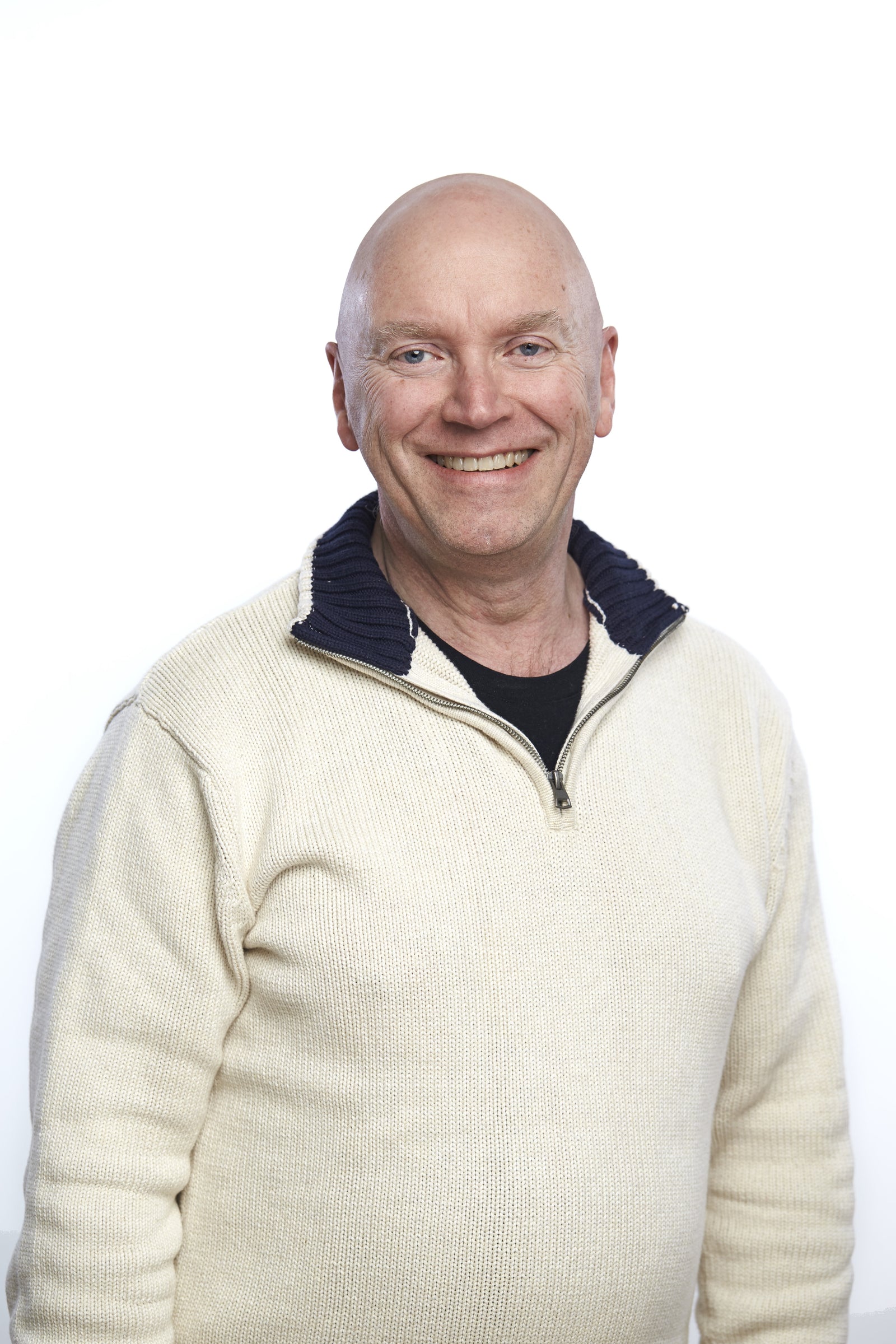Roland S Persson (Sweden): "On Society and the Profoundly Gifted."

Fresh out of university with a doctorate, I was eager to meet with as many colleagues as possible to hear what they had to say about talent and giftedness. I thought that taking part in conferences would achieve this. I would not only meet scholars who seemed to be the most interesting to me, but I would also hear about the latest research and partake of their discoveries.
Conferences baffled me, however. I did meet with some of the scholars whose research I was very familiar with, but I rarely found that any of them had new knowledge to share. Instead, they kept repeating themselves in conference after conference. I started avoiding the keynotes and began sampling what others than the names of renown had to say. It was easy to identify a pattern here as well. Most shared findings or practices according to the principle “this is how I do it” or occasionally “this is how it is done in our country”.
All of this confused me considerably. Almost everyone, well-known scholars, as well as local practitioners, seemed trapped in ideals and wishful thinking not in any way related to already well-established science. In addition, the experiences and descriptions delivered by them had very little in common with my own experiences and research conclusions.
Granted, gifted individuals are, by definition, few in numbers making generalizing difficult, if not impossible. But the ones I had met and knew very well had little in common with how the gifted and talented were portrayed in conferences. There was nothing glamorous whatsoever involved in their gifted lives. They struggled in school, in university, at work and frequently also in their private lives. One of them, an exceedingly brilliant Canadian, once told me how psychologists lined up to study him and his skills. They gave him numerous IQ- tests, which all resulted in average scores. Researchers could not make heads or tails of this. How can someone be so intellectually extreme and still score unexpectedly on a standardized test? My good friend, however, told me that he was entirely uninterested in the result of the test as such. He treated scoring sheets as a piece of art. Questions or statements were uninteresting but creating patterns by how the ticks or circles on the scoring sheet looked on paper was exceedingly meaningful.
I have seen similar reactions with other highly gifted individuals subjected to a battery of tests. I can only conclude that scholars do not always understand what they are studying. They have preconceived and often culturally biased ideas of what giftedness is and how gifted individuals must behave to fit a particular theory. If this is their reasoning, they ignore that a fundamental aspect of giftedness is to be different from most others and not necessarily follow tradition and expectation. This means they are not likely to live up to researchers’ expectations either! These are astonishing individuals, full of surprises and difficult to categorize rigidly. Such unpredictability presents a challenge to society and scholars alike.
After three decades in the world of giftedness and talent, weighing the evidence of the extensive study of human behaviour and skills in multiple disciplines I must conclude, at least as far as scholarship is concerned, that considerable scholarship in the field cannot be trusted as reliable. We must simply begin again from scratch and be determined to rid ourselves of political, economic, and ideological influence, which to date has corrupted much of science. As a result, we sadly understand giftedness and talent more descriptive of wishful thinking than it is of true human behaviour based on our unavoidable evolutionary nature.

